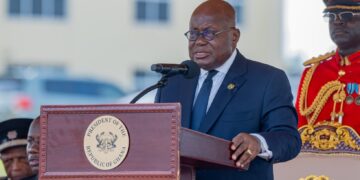Nearly 2.4 million Ghanaians may be suffering from various forms of mental disease, according to the World Health Organization (WHO), which has expressed significant worry about the country’s mental health situation.
In view of this troubling number, the WHO highlights the urgent need for coordinated actions to assist the nation’s failing mental healthcare system, concentrating on both infrastructure and technical support.
The WHO representative for Ghana, Professor Francis Kasalo, discussed the importance of this topic in an interview with JoyNews.
For instance, it is estimated that about 2.4 million people in Ghana, a country with a population of nearly 30 million, suffer from a mental disease. That is not a tiny amount, so why are we not making investments to make sure that those individuals receive the care they need? The numbers are enormous, he remarked.
The overall public’s attitude toward mental health in Ghana, which frequently treats it lightly, is a significant concern, according to Professor Kasalo.
He also bemoaned the propensity to characterize people with mental health issues as inherently unpleasant, prone to rage, or even having spiritual issues.
Professor Kasalo responded to these worries by revealing that WHO, Ghana is working hard to create a thorough framework for collaboration with the Ghanaian government. By working together, we can improve the mental healthcare industry’s flaws and help people in need get the help they need.
He questioned, “folks should understand that we can build skills for folks who we presume to be problematic people to be able to utilize these services and understand why they’re behaving like that.
The World Health Organization’s demand for coordinated action, as Ghana struggles with this mental health crisis, emphasizes the urgent need to prioritize mental healthcare and destigmatize these disorders.














